Everything you need to know about the Bluecard in Vietnam
Contents [show]
The motorcycle Bluecard in Vietnam is the ownership paper of the motorbike. The information on the Bluecard identifies the bike’s engine number, frame number, license plate number, and owner. There are real blue cards, fake blue cards, and everything in between.
In Vietnam, there is a “scale of legitimacy” where the motorbike’s value directly impacts the importance of “how by the book” your papers need to be. We’ll explain everything below.
Can A Foreigner Buy A Motorbike In Vietnam?
Foreigners, tourists, ex-pats, travelers, and anyone else in any category can buy a motorbike in Vietnam. When buying and selling a motorbike in Vietnam, you must be absolutely sure to have the Bluecard for it. The Bluecard represents roughly 50% of the bike’s value, and you can’t resell a motorcycle without it. Services such as transporting the motorbike by train or bus will also require a Blue Card to be presented.
Depending on if you plan to purchase a $300 Honda Win, a $1500 Honda Winner, or a $15000 BMW will greatly affect the importance of your Bluecard and its position on the “scale of legitimacy“.
The Scale Of Legitimacy
When purchasing a motorcycle, the scale of legitimacy looks like this;
- Level 1: $500 and under. The Blue Card could be a paper copy or even a fake. Your bike isn’t worth anything; no one cares about the paperwork.
- Level 2:$1000-$3000. The Blue Card must be real, and the bike’s identification numbers must match what’s on your Blue Card. The name registered on the blue card isn’t that important, and generally, even the locals won’t bother to go through the process of transferring the names on the paperwork.
- Level 3: $3000+. The paperwork for the motorbike needs to be real, with matching bike identification numbers, and the owner’s name should be correctly on the document.
- Level 4: Unobtainable—Strict import control limits what motorbikes are sold legally in Vietnam. Huge markets and niches of popular models that were never legally sold in Vietnam are all illegally imported with fake papers. For example, nearly all dirt bikes were never officially sold in Vietnam, and so they are all fake. If the bike of your dreams was never officially sold in Vietnam, then you have no choice but to get fake papers.
We have an article about how to buy a dirt bike in Vietnam.
Renting a motorcycle.
- Traveling within Vietnam does not require the original Blue Card; instead, you’ll be given a copy.
- You’ll require the Bluecard for border crossings between Vietnam, Laos, and Cambodia. In this case, a rental company typically charges you a deposit for the motorcycle’s value. When you bring the bike back, you’ll get your deposit back.
What to watch out for.
- MBC and GTHL. You’ll see these code words for fake Bluecards listed in online advertisements.
- Non-transferable. This happens when a motorcycle changes owners many times, and the original owner on the papers is lost along the way. On a cheap bike, this is no problem. On a bike worth $3000+, you need to consider the very mild risk of slightly bending the rules with ownership.
- It is becoming common for motorbikes to be registered under different models. A motorbike that once legally existed in Vietnam has legitimate papers. Take the VIN and Engine number from a legal motorbike and put it onto a motorbike that has been illegally imported. Now you have a motorbike that does belong to a set of legal papers and are in the police database. This does seem to work, and it is becoming a very common way around the problem of illegally imported motorbikes.
Transferring a Bluecard
The process of transferring a blue card is a complex one. It also varies from province to province, so there is no set process for documenting. The complexity and cost of transferring blue cards are among the main reasons why older second-hand motorbikes eventually become nontransferable. The motorbike’s value is no longer worth going through the cost and time of this laborious process. So, through several sales, the original owner (on the blue card) is eventually lost in history.
If your motorbike is not worth $3000 +, it isn’t worth worrying about the transfer process; simply having a blue card in any name is satisfactory.
Usually, the seller will apply to the Police to de-register the motorbike. This costs approximately 1 million dong. The number plate, vin number, chassis number are all sent off to the Police for the de-registration process. This takes approximately 10 days, which means the motorbike has no number plate for quite some time. The de-registration papers are given to the new owner, who is then responsible for re-registering the motorbike. The registration process requires tax and other fees. The cost depends on the value of the motorbike, the power of the motorbike, and the province to which the motorbike is being registered. There is no way to create an exact number.
Registering the Bluecard as a foreigner NN number plate
The NN number plate is as much a myth as a reality. NN numbers are specifically for foreigners and allow the Police to see that the owner is a foreigner. When buying a new motorbike, it is possible to get the NN number plate if you legally work in Vietnam and have all the documents for your stay here. However, transferring the NN plate to a Vietnamese is a complex process (that we have never seen done). Ultimately, registering with the NN number plate actually lowers the bike’s value because you can’t transfer the papers to a local. We don’t have specific information on registering a NN number plate. The process is best tackled through the dealership you wish to purchase from.
The dealership is also unlikely to know how to do it, and ultimately, you will find the NN numbers plate ends with a brick wall, and you will eventually give up on the idea.
Generally, foreigners register motorbikes in their wife’s, girlfriend’s, or even colleague’s name.
Losing a blue card
If the person whos name is on the bluecard is someone that you don’t know, for example a “non transferable blue card” then it is impossible to obtain a replacement blue card.
The motorbikes value has now dropped approximately 50% of it’s value and there is very little you can do about it. The only solution here, is to look on facebook for services that offer fake replacements.
If you lose the blue card and you do know the owner who’s name is on the paperwork, for a example the motorbike belongs to a rental company. The person or rental company will be able to get a replacement. The true cost of the replacement is around 1 million VND, but the process and paperwork to get the replacement is hugely time consuming. Furthermore, technically, until the replacement blue card arrives, it is illegal for the motorbike to be on the road, which is problematic for rental companies.
Replacement blue cards can take up to six months to arrive, so ultimately losing a rental companies blue card is causing serious “loss of use” to the rental company.
A motorbike rental company will charge you heavily for losing the bluecard.
If you park the motorbike in a parking lot, and then lose the blue card alongside the parking ticket (common with losing your wallet with “everything inside”) then you will have a difficult time with the parking staff to get the motorbike out.
Generally the situation can be fixed if you have a picture of the blue card on your phone, but this is not a guarantee. Ultimately the unlucky security guard who finds themself dealing with your mess has a decision to make. They can let you out of the parking lot, but risk losing their job.
Or they can sit there and listen to a crying foreigner who has lost everything.
These situations are extremely tough to deal with, but usually through a company like Tigit we will be able to persuade the security guard onto your side!
Police Confiscating Bikes
Parking Lot Security
Fake Bluecards in Vietnam
When you initially deal with motorbike registrations in Vietnam, a Bluecard is created with numbers matching both the VIN and chassis of the motorbike. This information is then added to the police database and can be referenced later for ownership transfer or to deal with illegitimate motorcycles. It seems like they have everything covered, however, it is easy to illegally change the bike’s information or the Bluecards information.
VIN/chassis numbers and engine numbers can be removed and changed, Bluecards forged, and there is no public access to registered motorcycle information on the database. The reality is that it’s very difficult to know if a motorcycle is legitimate or not.
Fake Bluecards might exist for the following reasons
- Stolen motorcycles. Motorcycles are often stolen without a Bluecard. A Bluecard is created, the bike is sold to an unsuspecting buyer, and the thief makes his money. If you are caught with a stolen bike, it will be confiscated.
- Illegally imported motorcycles. Imported manual motorbikes are considered luxury goods in Vietnam and come with significant import taxes. To avoid this, they are sometimes illegally imported, and then a fake Bluecard is created to legitimize the motorcycle and its value.
- Unresolvable problems. Old motorcycles, motorcycles who’s original owner can’t be contacted or has passed away, and motorcycles without an original Bluecard will all be forced to have a fake Bluecard.
- Custom motorcycles. Combining chassis and engines from different motorcycles to make a custom bike creates an unusable Bluecard. These bikes often have fake Bluecards made to compensate for the creation.
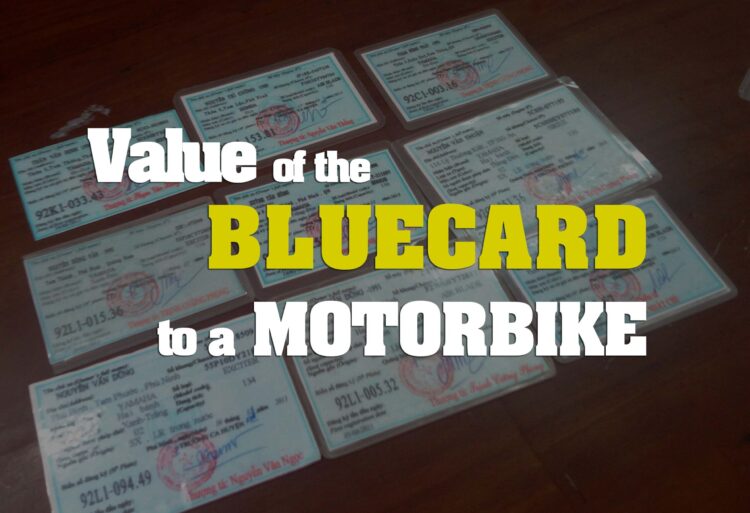
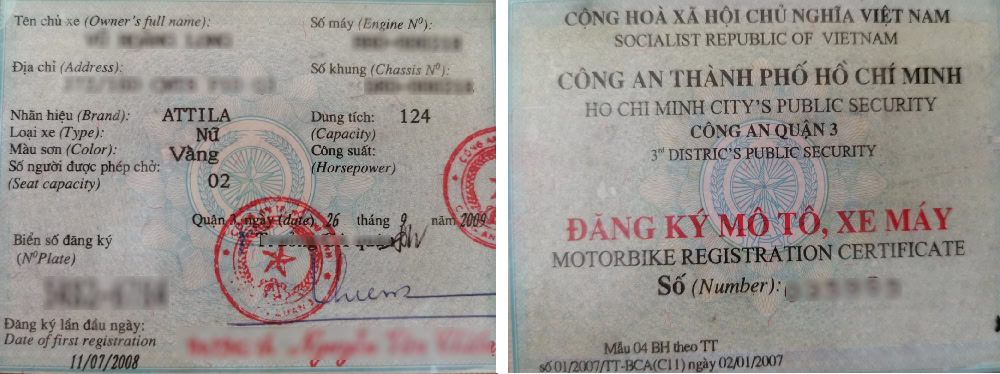
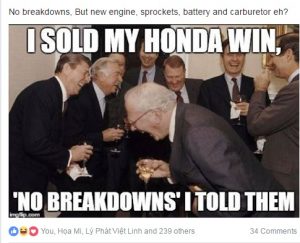
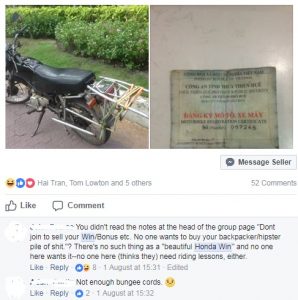
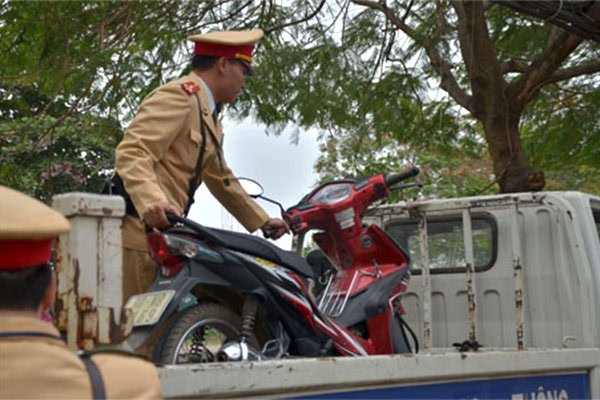
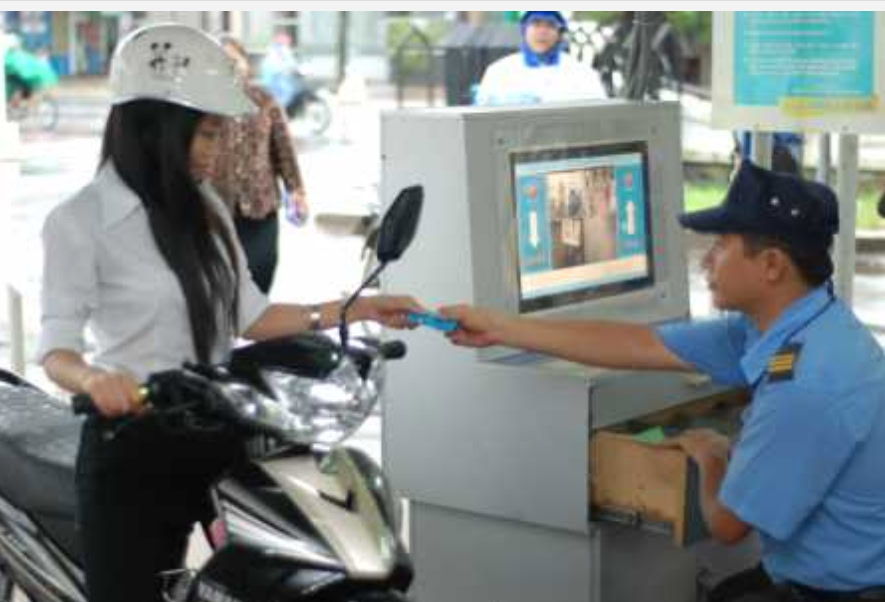















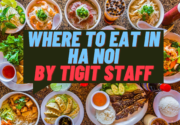
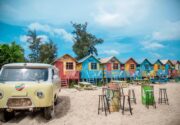

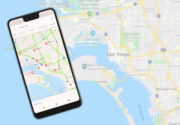

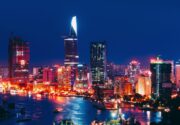

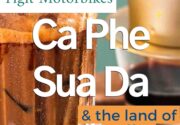

Thank you for this very relevant informations.
I would like to have your opinion about a 50cc scooter imported from Japan (NOPP). I live in Saigon for 1 year and dont have license A. On facebook there is a lot of announcement of Honda Crea or Scoopy 50cc made in japan, but without any papers for less than 20tr.
In your opinion what risk can there be to drive these motorbike (CSGT …). I understood that I could not have any blue card so Is there a possibility of minimizing the risks and how?
Find a 50cc is really difficult. Lot of Chinese products, ugly Sym or fake Taya honda…
Thanks so much
not much risk there. Can’t really get a speeding ticket with those 50cc right?
You mean, the police make trouble only if you drive crazily ?
No. I meant it’s a very low profile bike, and does not require a driving license to drive 50cc. The police have little to no reason to pull you over unless they are looking for cash.
Thanks for the answer It’s pretty interesting.
Without any proof of ownership, wouldn’t it be more interesting for them to confiscate the bike and sell it again?
They usually turned a blind eye with those low cc harmless bikes which people buy/keep for sentimental reason. Don’t expect that with something faster/bigger.
I contacted another expat-run used motorbike shop (I’ll just call it SG) about the blue card since the shop touted to provide legitimate ones. However, during my conversation with SG, it said that my name actually will not be listed on the blue card, and SG even went on to say that it is impossible for expats to get their name on the blue card (instead, it would be registered to the bike shop or the expat’s company). This seems contradictory to what you are saying – I’m curious if I’m missing some nuance.
Just as background, I am working and residing in Vietnam legally with a work permit and TRC. If having these papers won’t let me buy a motorbike to my name, that is quite frustrating. If I buy a Honda Blade from Tigit, will you issue a legitimate blue card under my name?
Thanks also for the great content! I’m new to motorbikes and your site has been immensely helpful.
It is true that it is basically impossible for foreigners to have blue cards in their name. There is such a thing called a “NN” number plate, but it is so difficult to get, that basically it doesn’t exist.
This situation of having blue cards in random names is perfectly normal and accepted by police.
If you really want to be by the book, you need to look into the NN plate. You will only get this buying new though.
On a bike worth sub $1000, you are wasting your time. If buying a $10,000 + bike, then it may be worth the process.
We can transfer to a Vietnamese name, not a foreigners. However, on sub $1000 bikes where profit margins are small, it is not worth our time playing with paperwork. So we do not transfer names at all.
The article is trying to explain that the value of the motorbike directly impacts how “by the book” the transfer process needs to be.
Fake blue cards — > Blue cards under random names — > Blue cards under a Vietnamese friends name — > NN plates.
This “scale of legitimacy”, is understood by the police and they adapt their own internal rules as to the value of the bike.
Very helpful – thank you!
Hiya, I am really glad I have found this info. Nowadays bloggers publish just about gossips and internet and this is actually irritating. A good site with interesting content, this is what I need. Thank you for keeping this web site, I’ll be visiting it. Do you do newsletters? Can not find it.
Thanks for the feedback, currently we do not have a newsletter.
Purchased a motorbike with blue card, turns out its fake.
Anyway to get the bike registered ligitamently?
Hi, as far as we know this is not possible
Hi
What do you know of the laws of the road for bikes 175cc and up?? I’ve been told two stories..I can drive in the car lane with my 250cc and I cannot.. A driving instructor (who would know the rules better than the police) told me with my A2 motorcycle licence… I can ride my 250 in whichever lane I choose…but my 125 scooter must be driven in the bike lane.. I stopped for police once and the young man tried to tell me I could not ride my 250 in the car lane…and threatened to take my bike and me to the station…then a few minutes later asked me if i could join him for coffee…Did not take the bike..So now i want to get a copy of the regulations to carry with me…Oh.. BTW ..I was not asked for ownership or insurance papers…I only volunteered to show them my VN licence.
You can not drive in the car lane. Whoever told you this is talking rubbish.
Against what the internet and facebook groups would have you believe. The police are not out there to stop foreigners. They will stop nervous looking backpackers for easy coffee money etc. As soon as you display some sense of confidence the tune is likely to change to being friendly. 99% of the time they will let you go for free, and very occasionally take a small bribe. The police are the foreigners friend out there!
The closest list we have is here: https://www.tigitmotorbikes.com/mui-ne-police-sand-dune-trap/
However, I would go down the lines of saying “there are none, this is Vietnam”